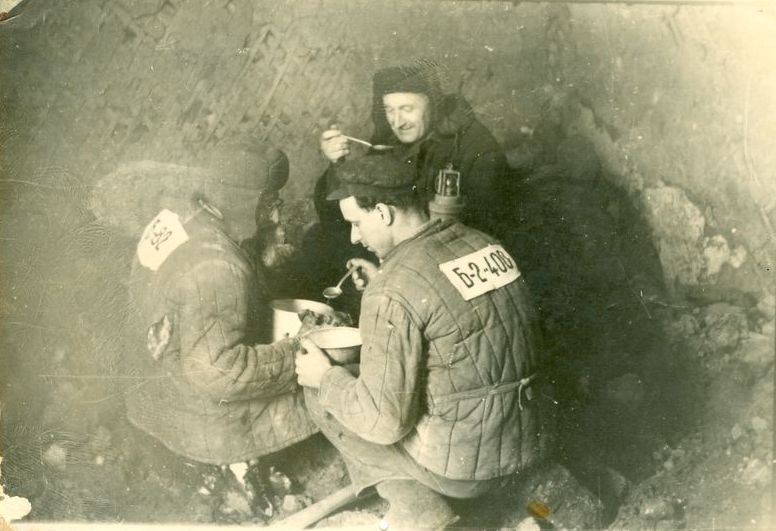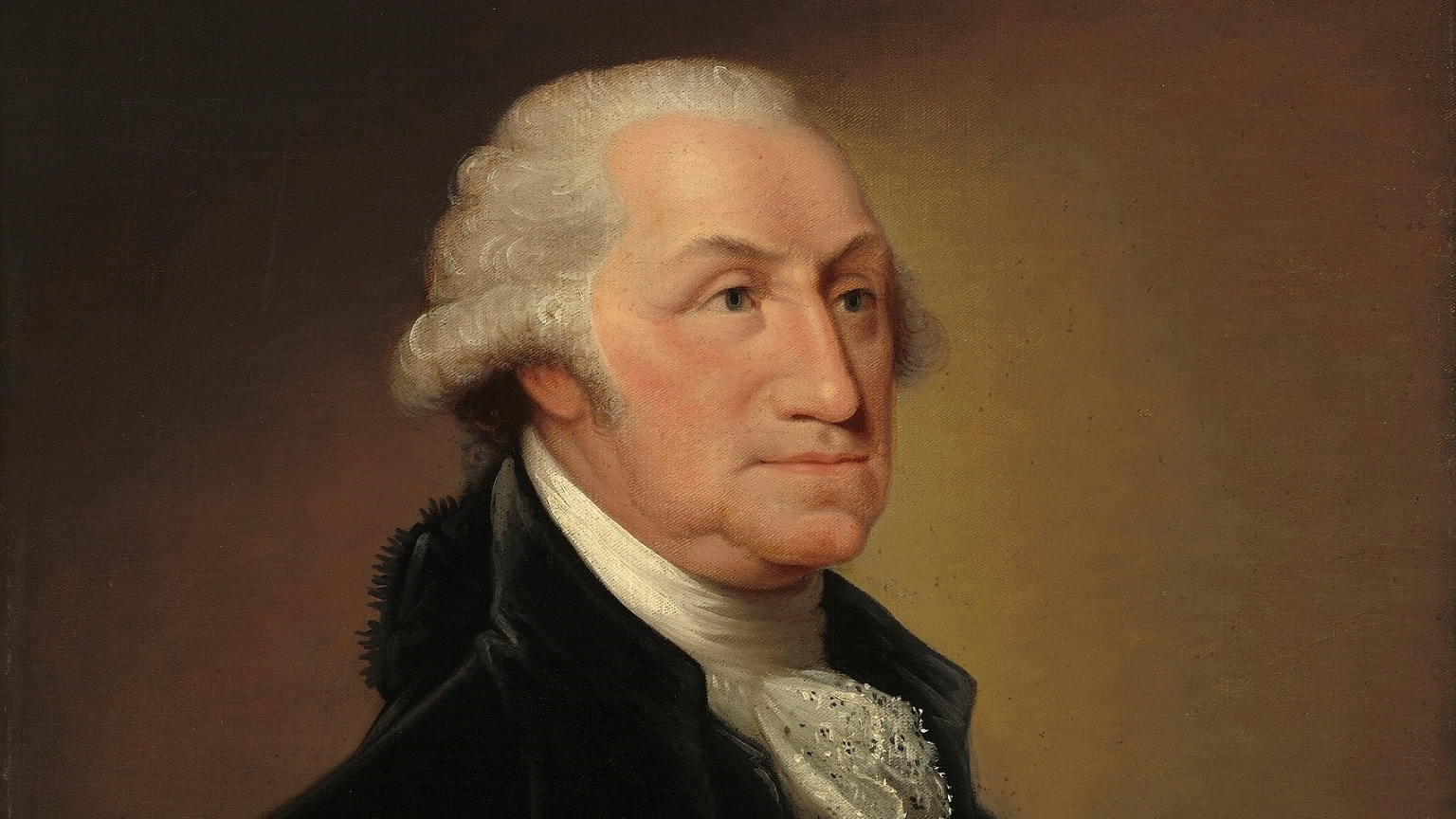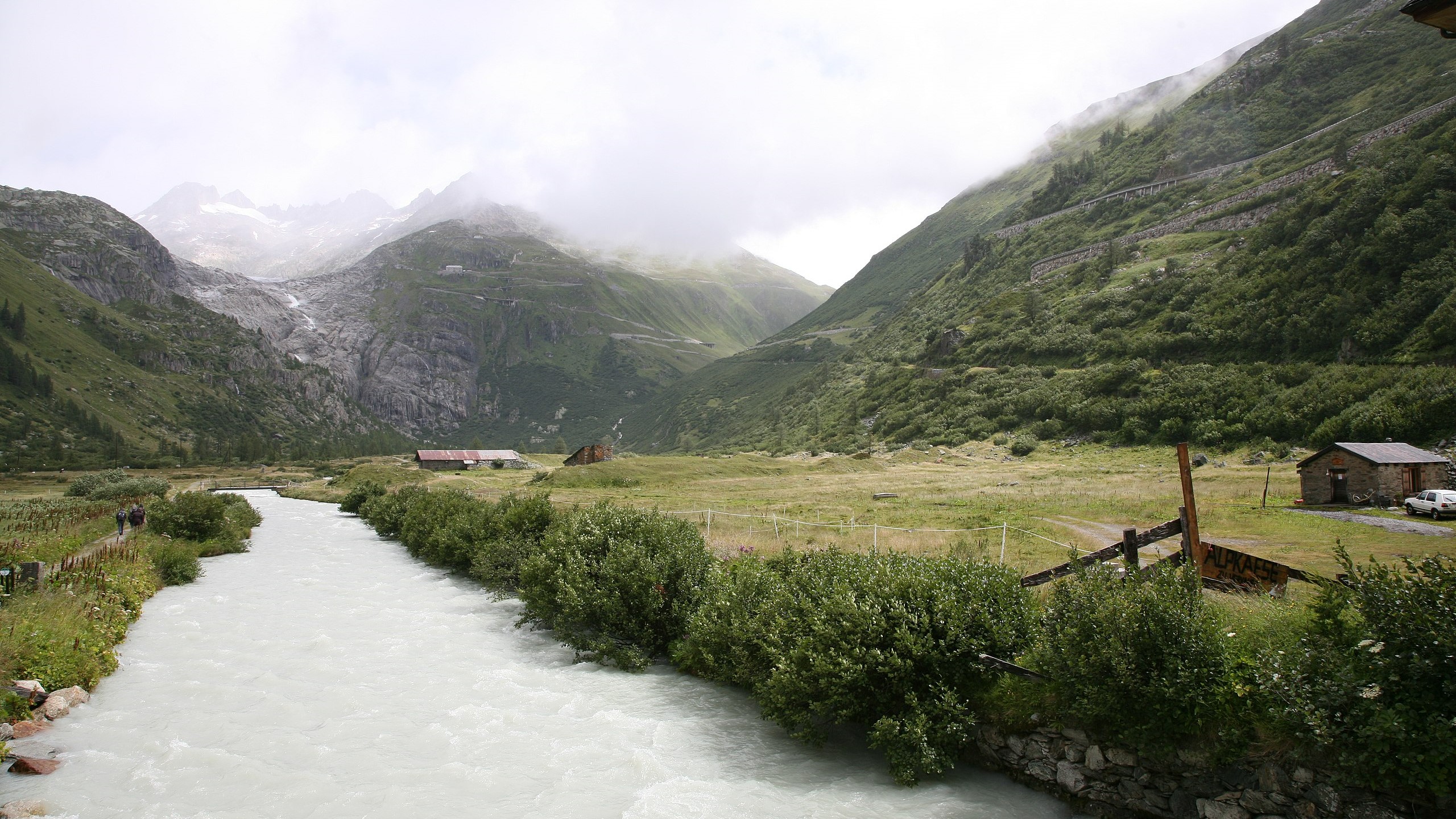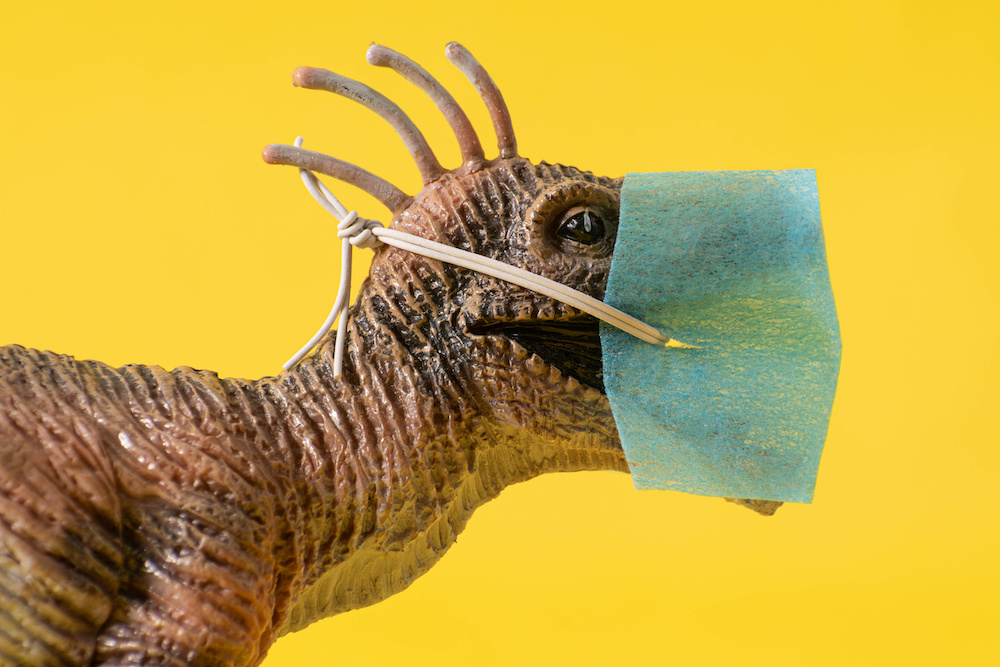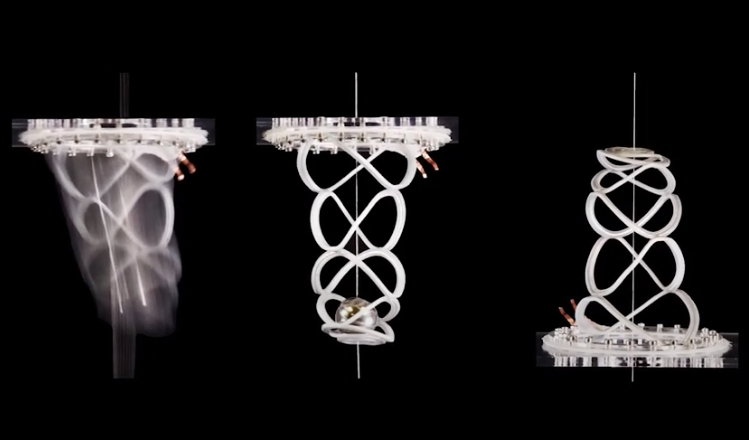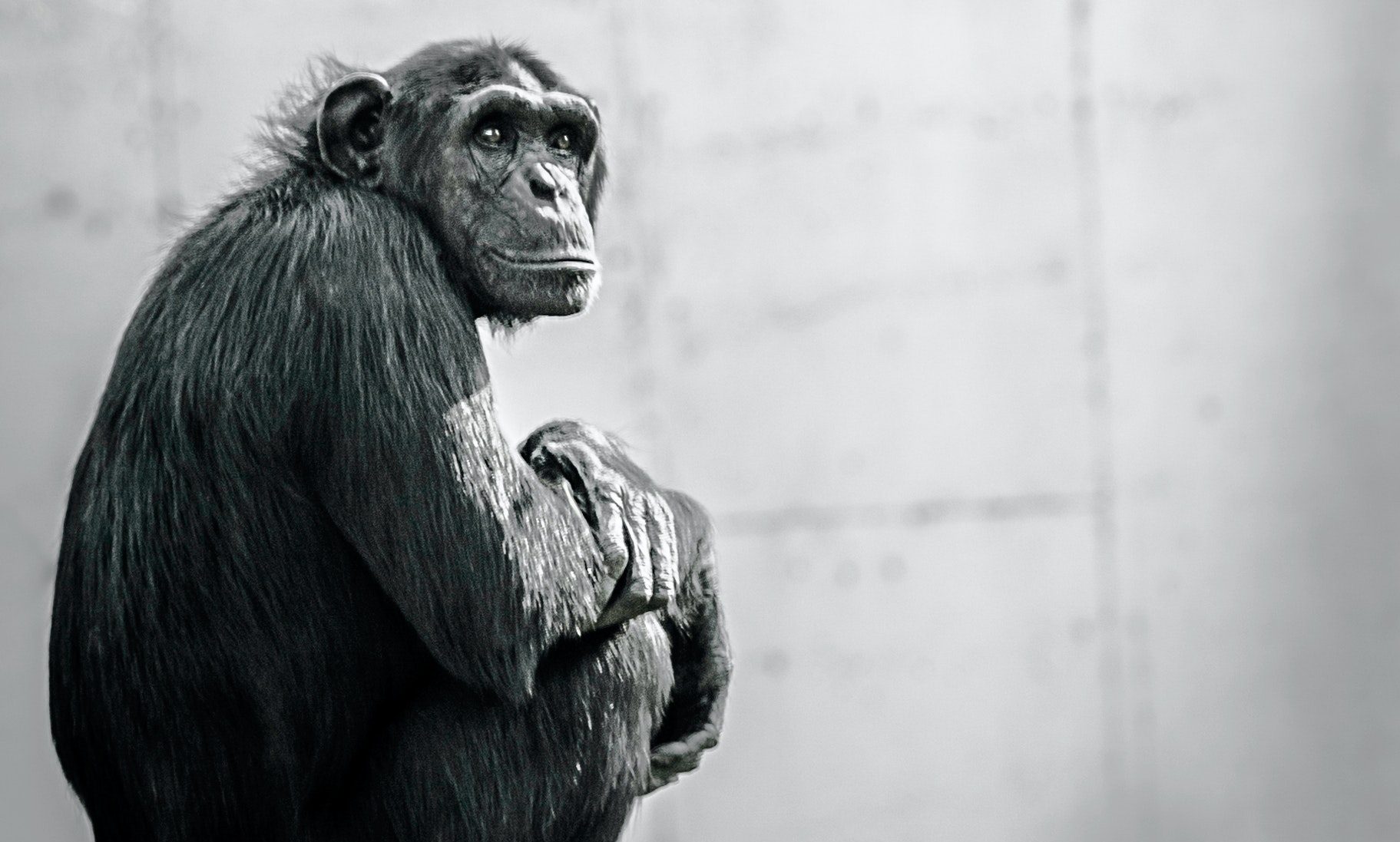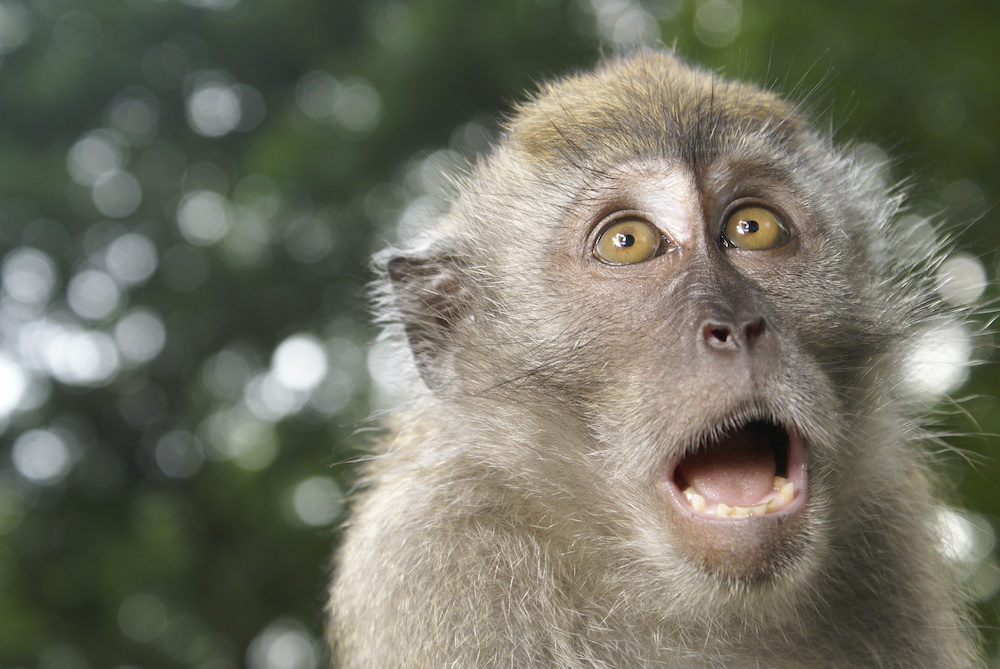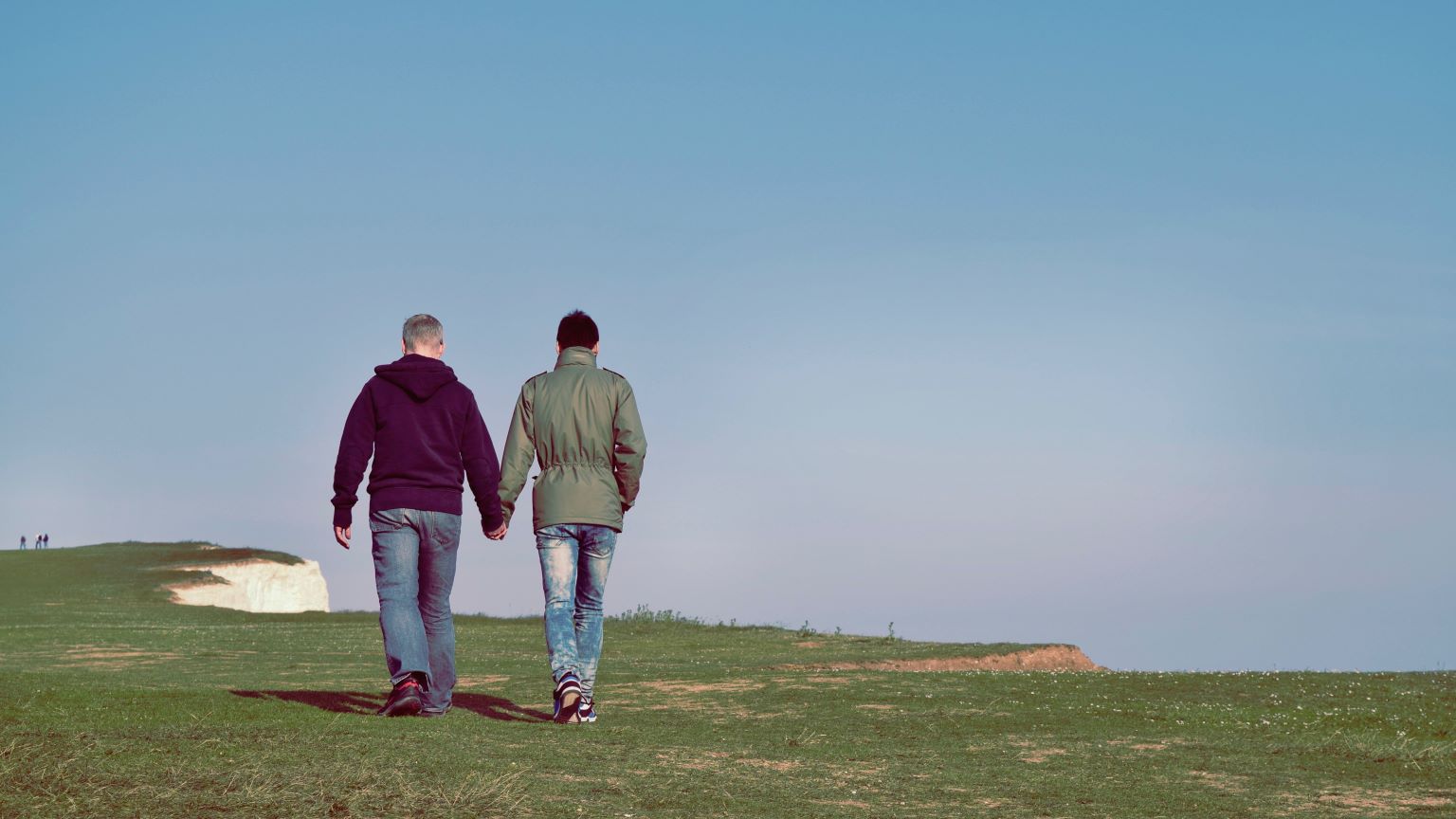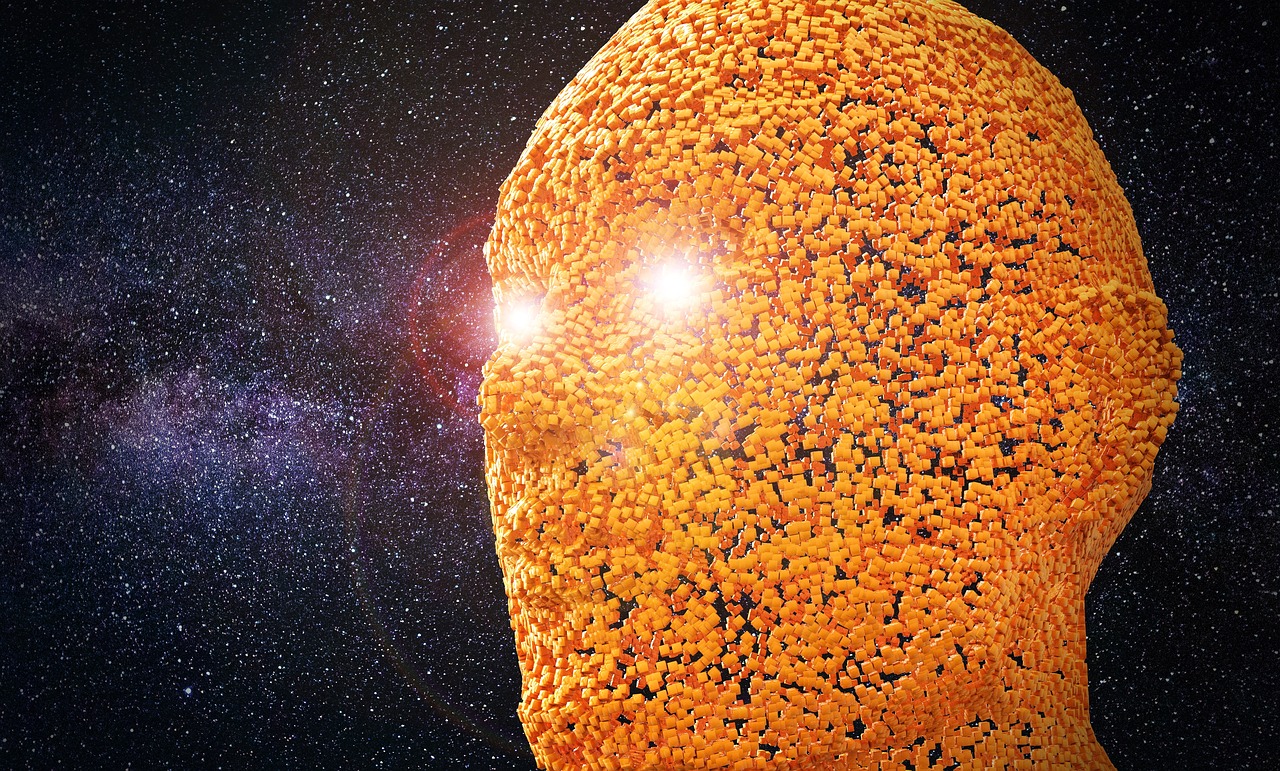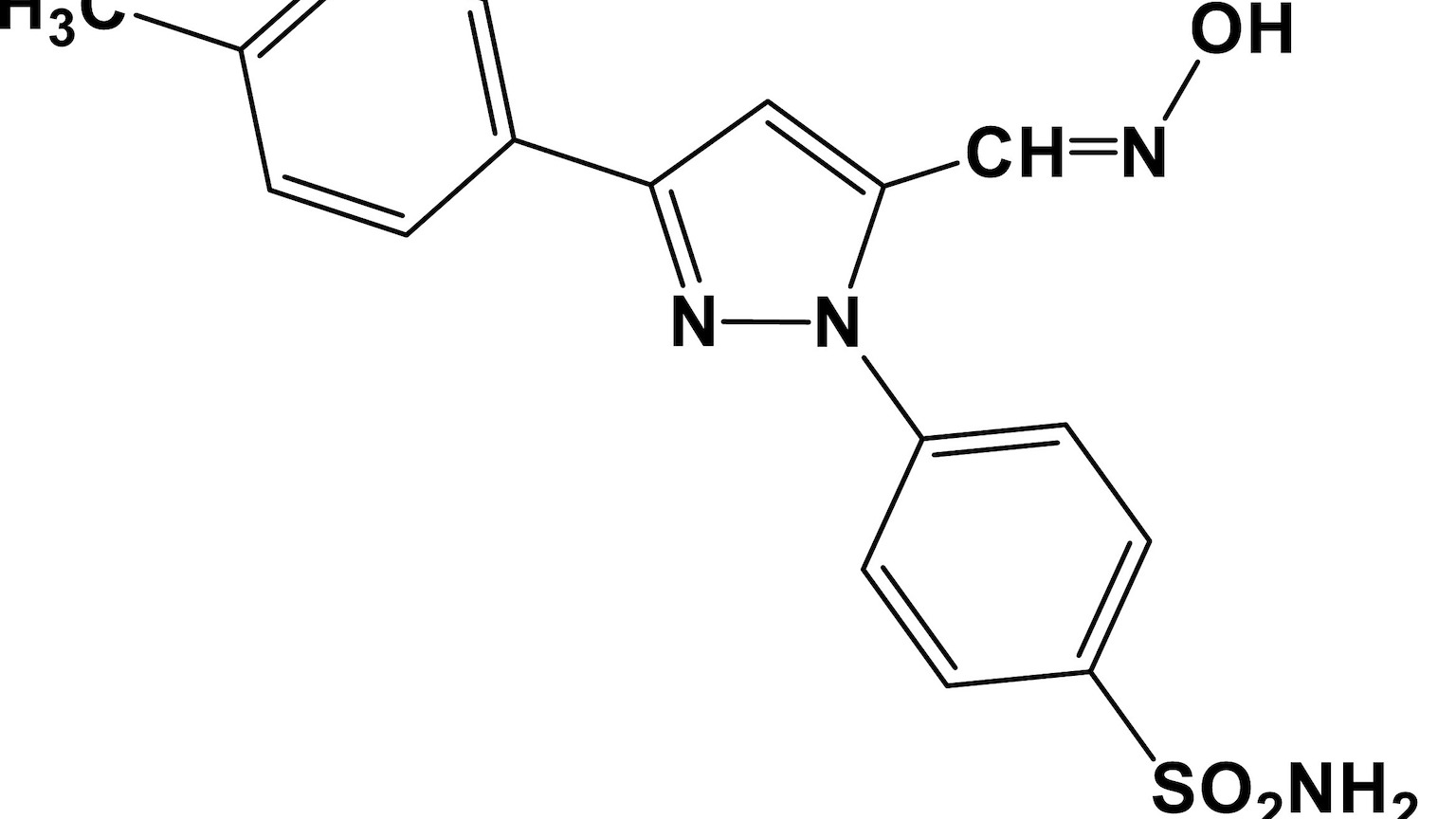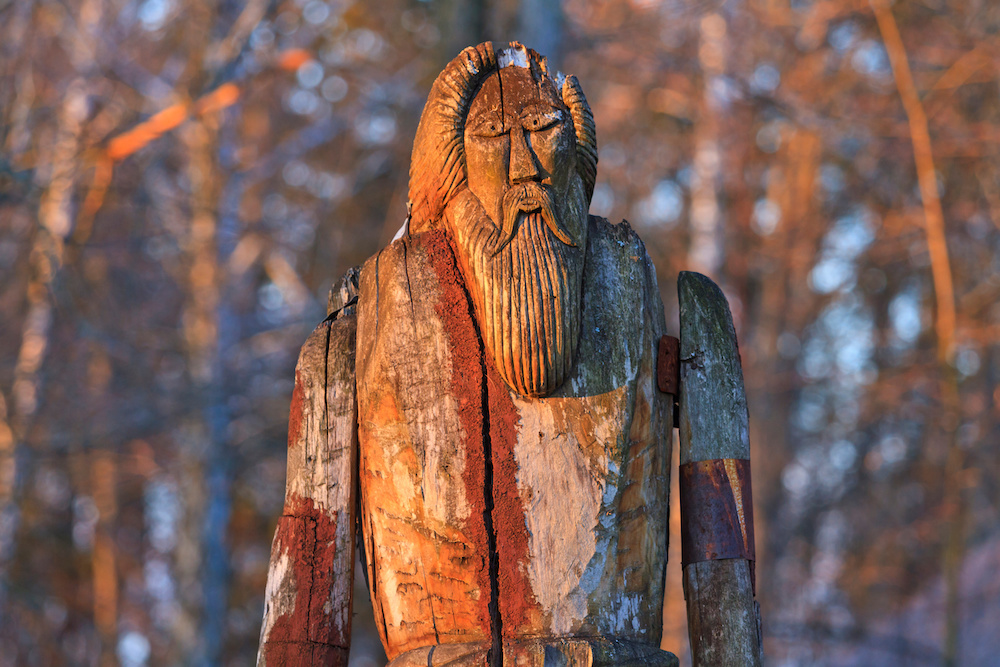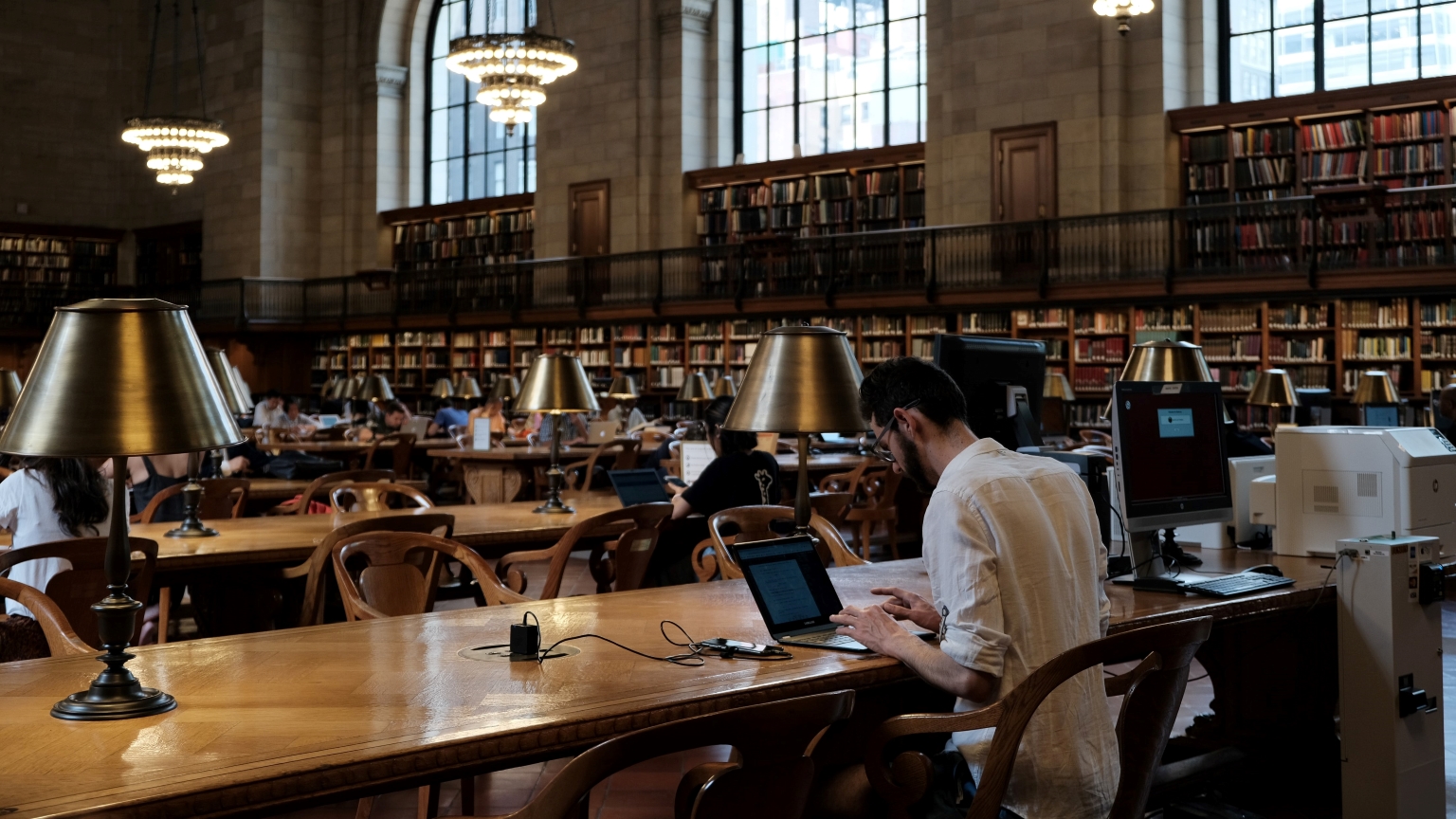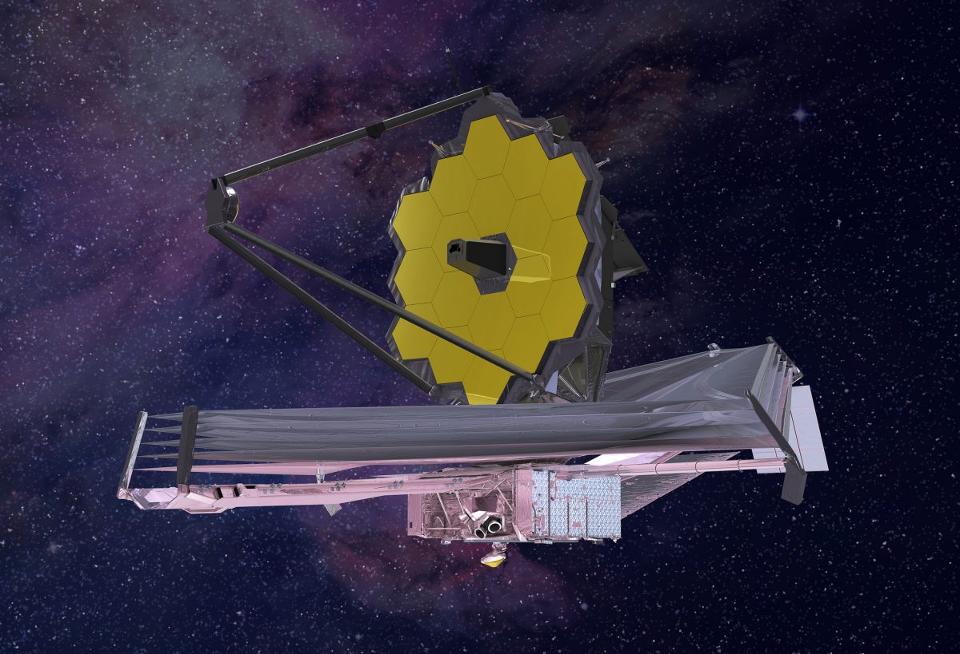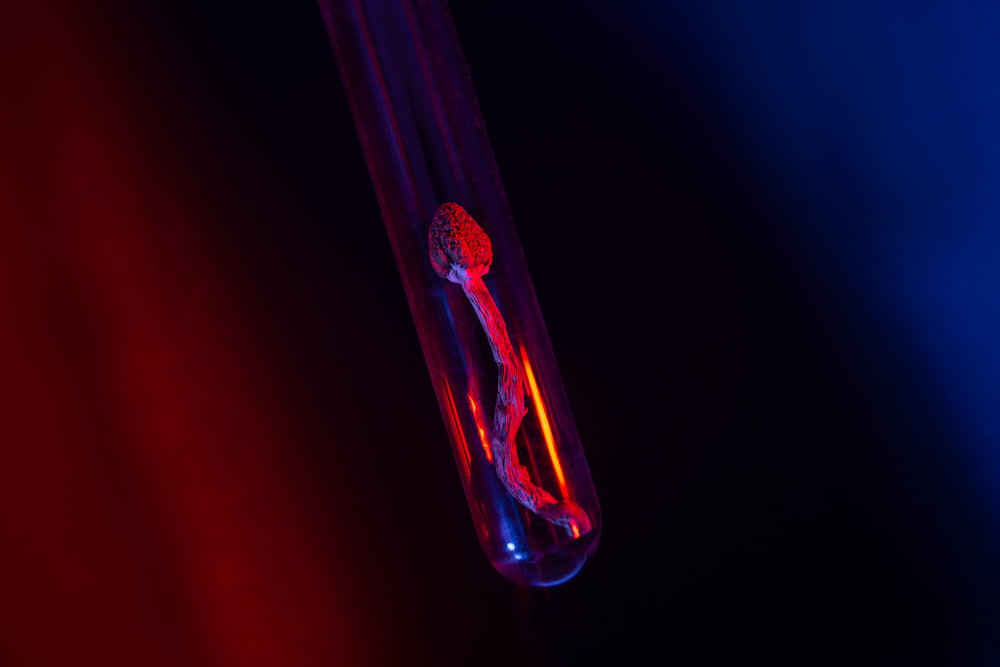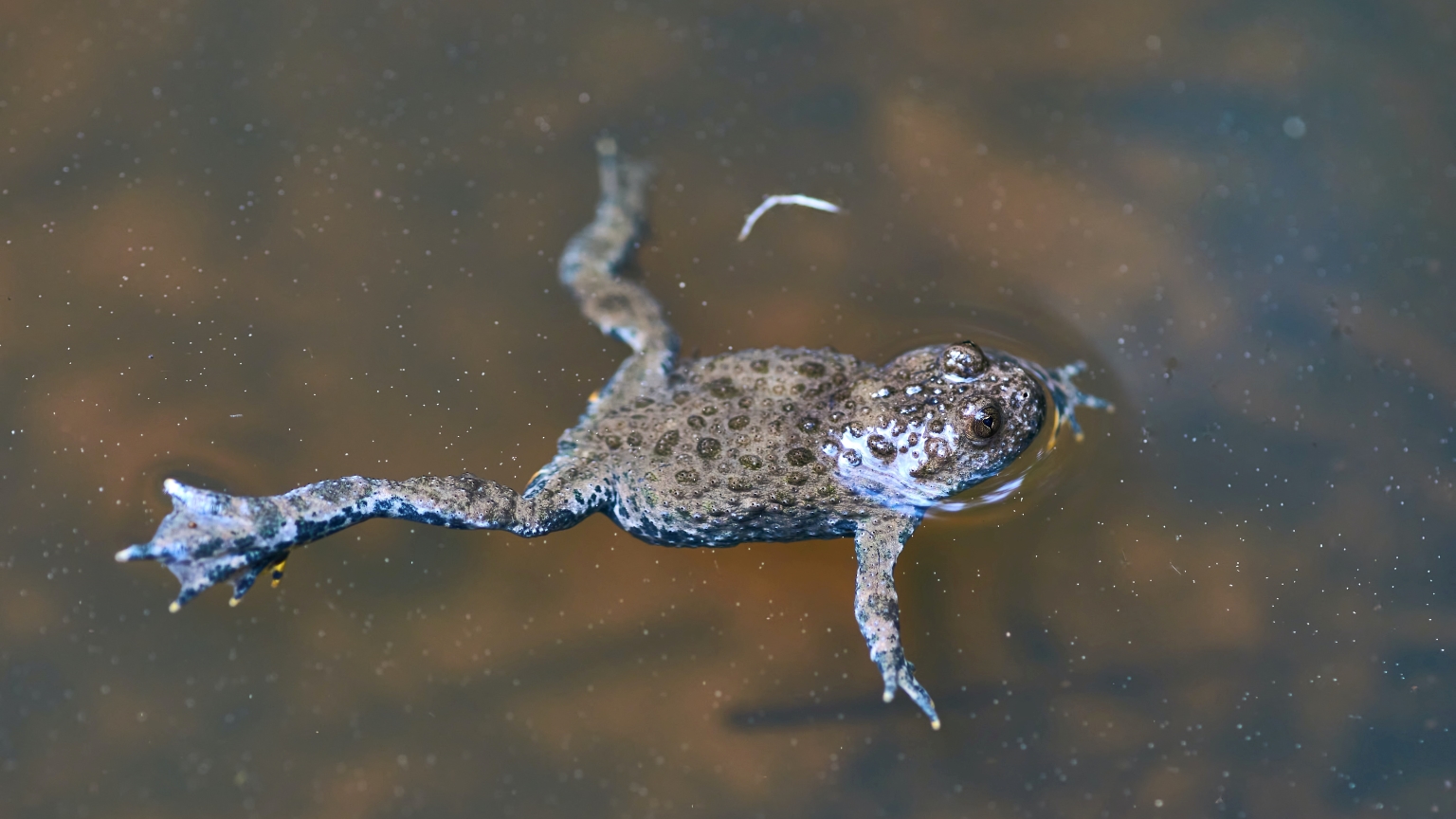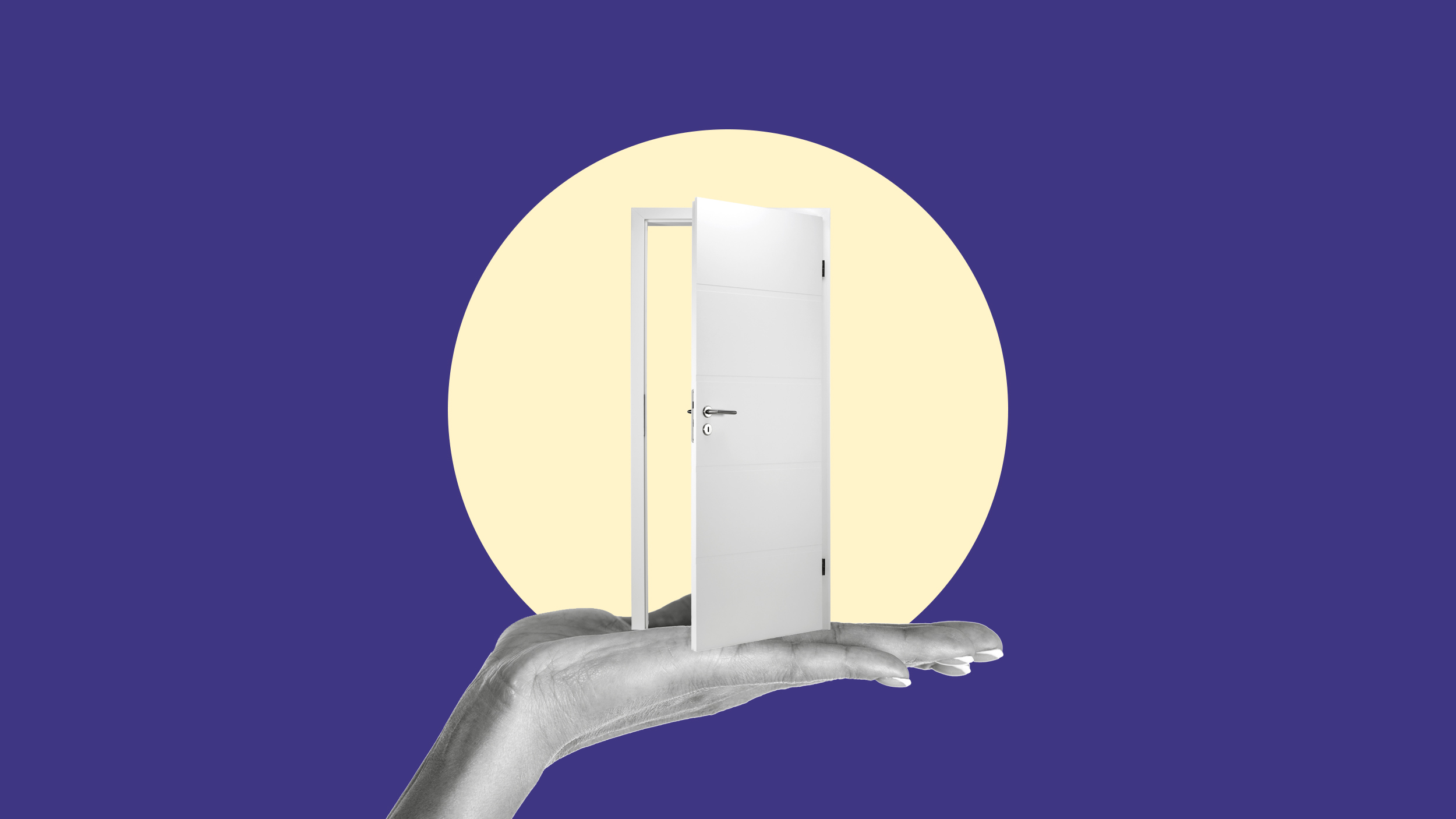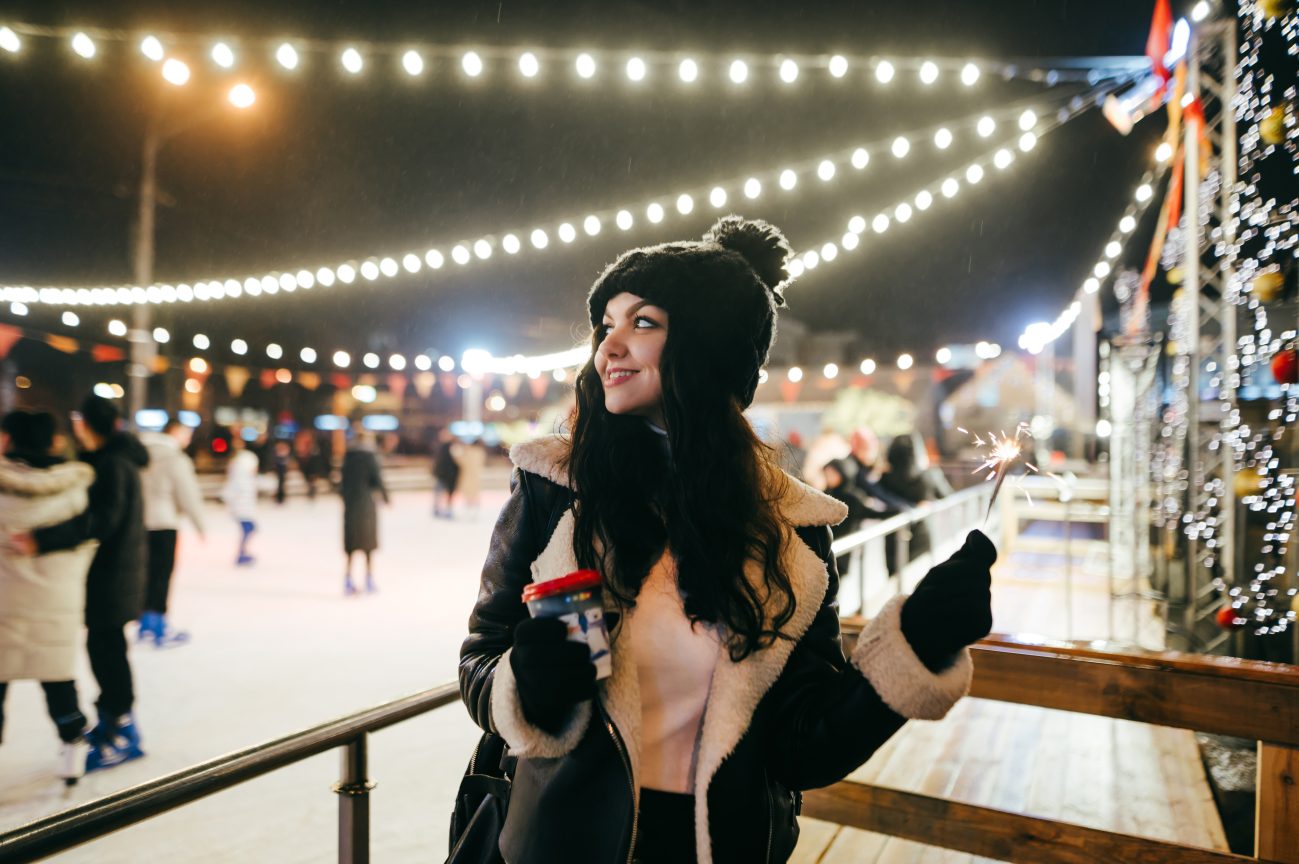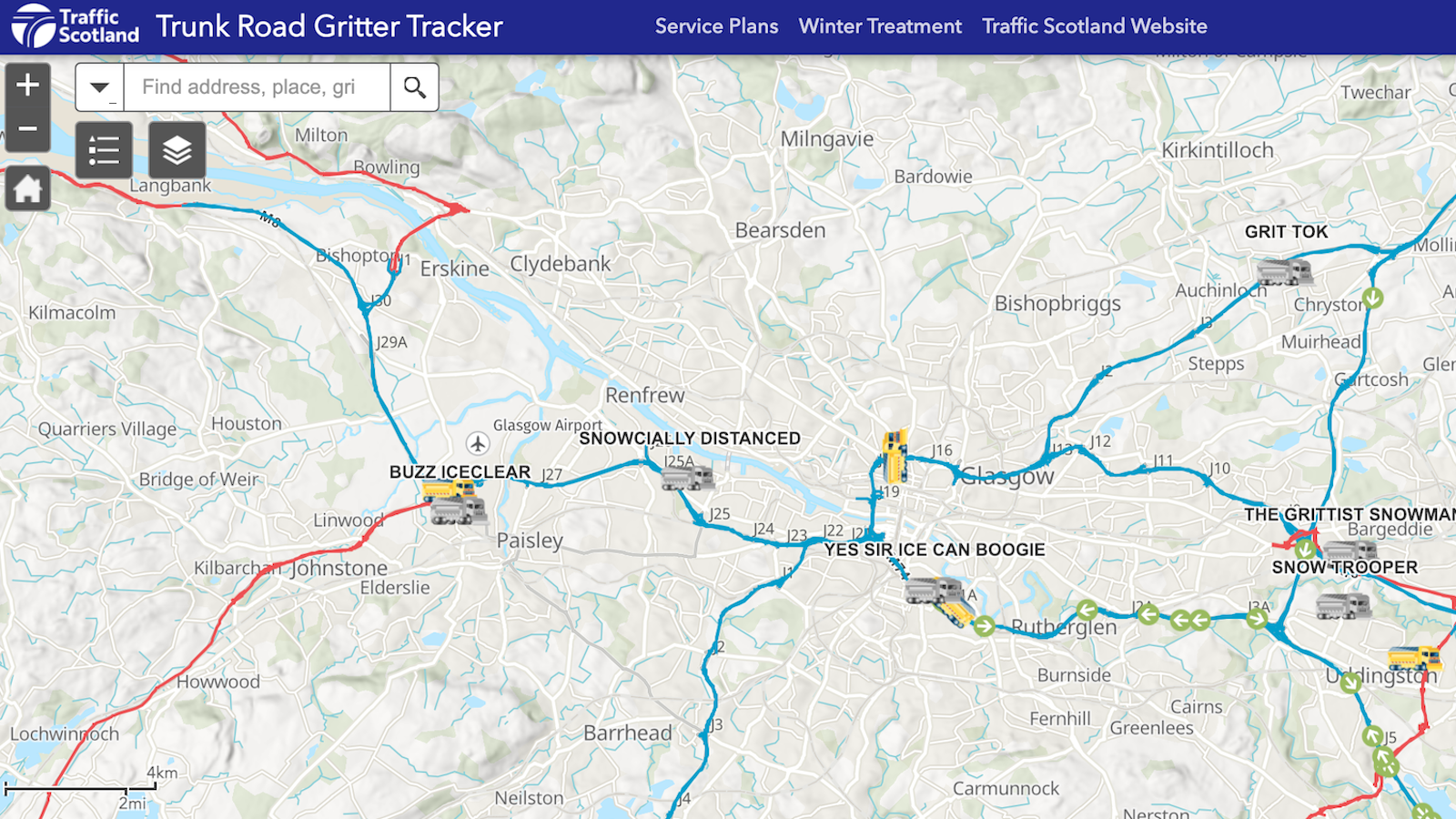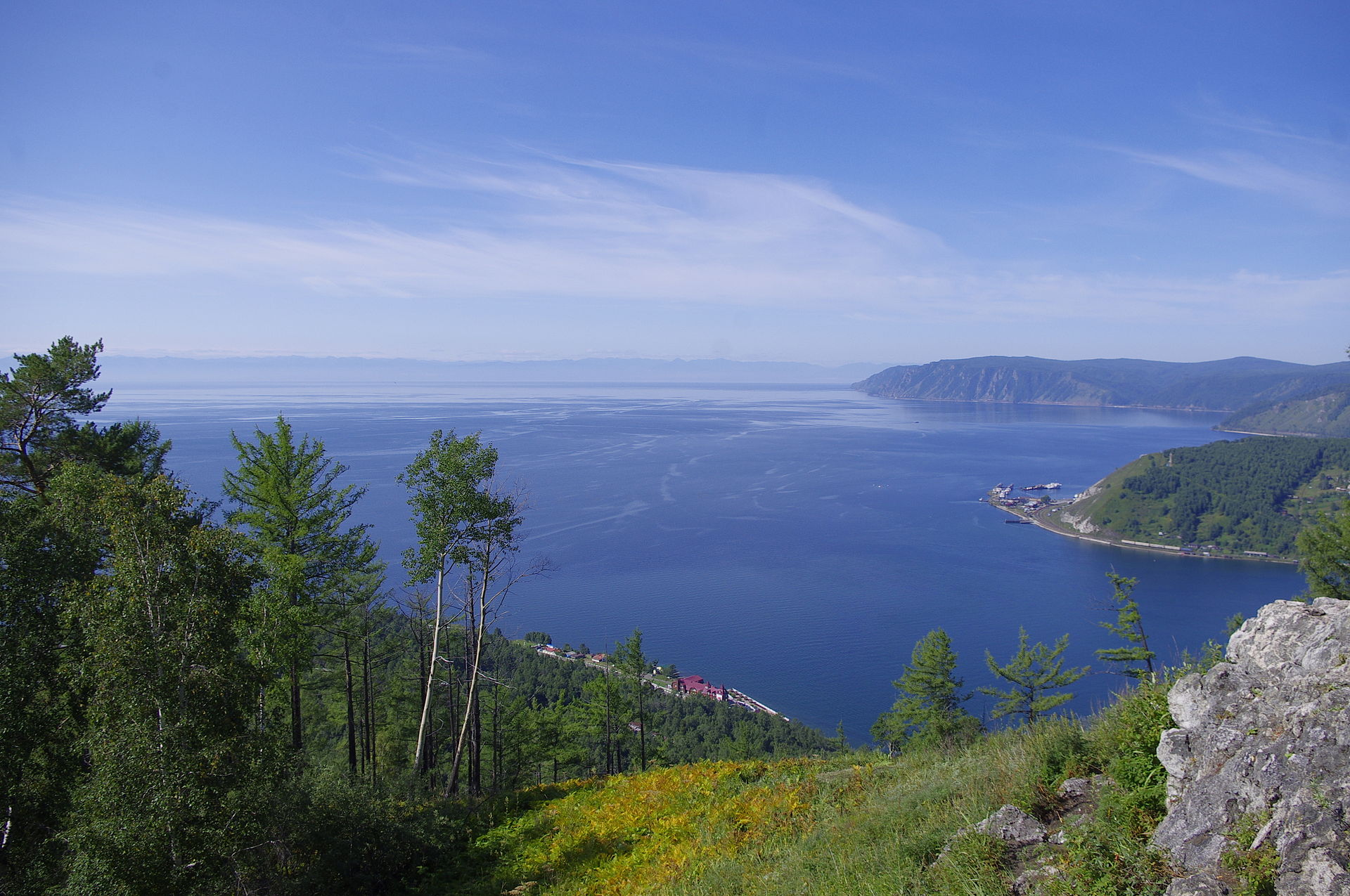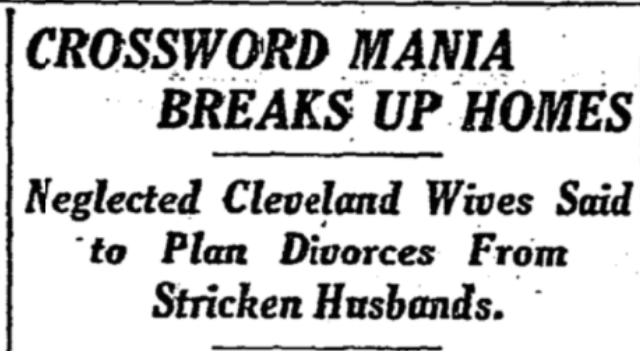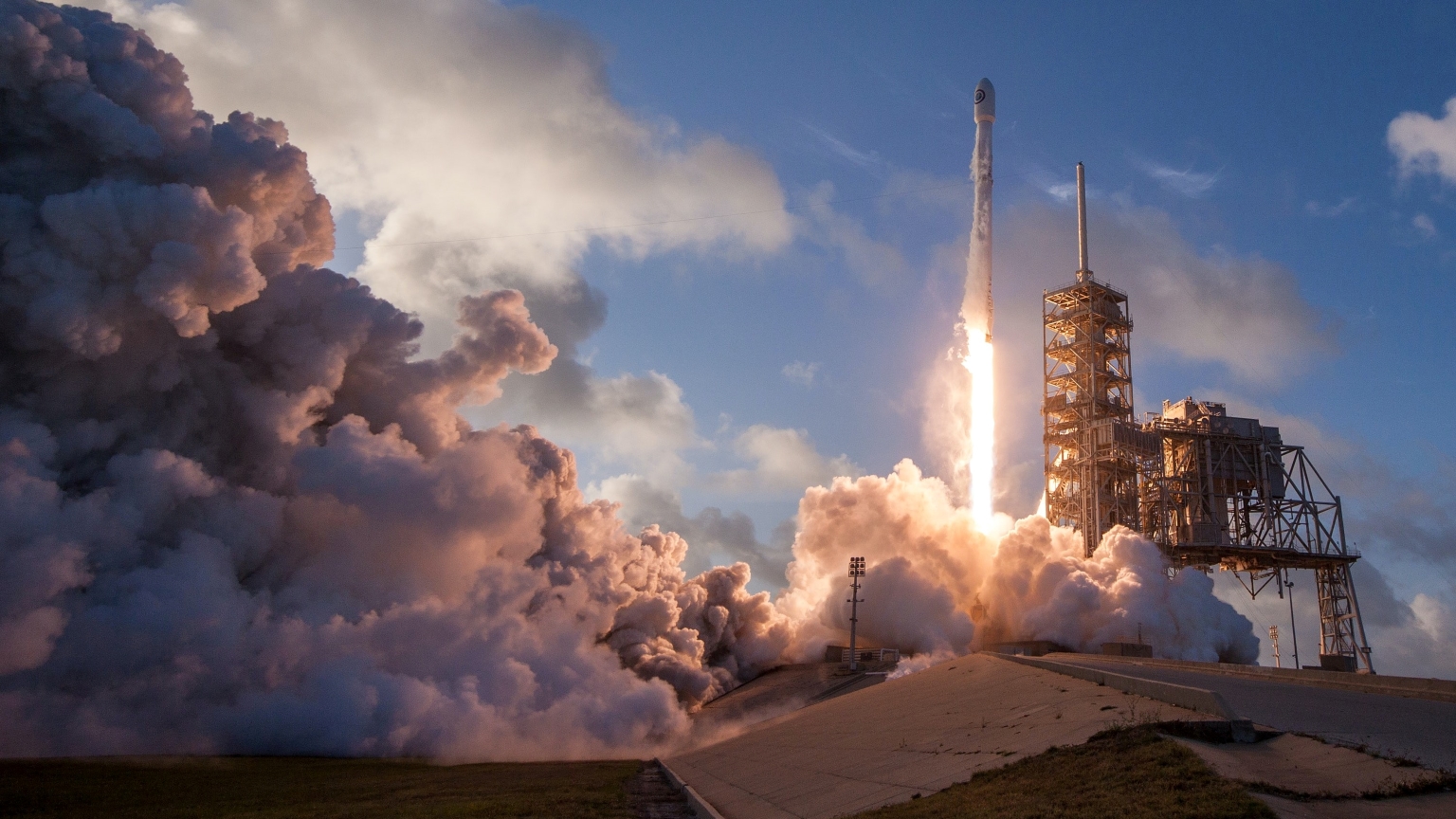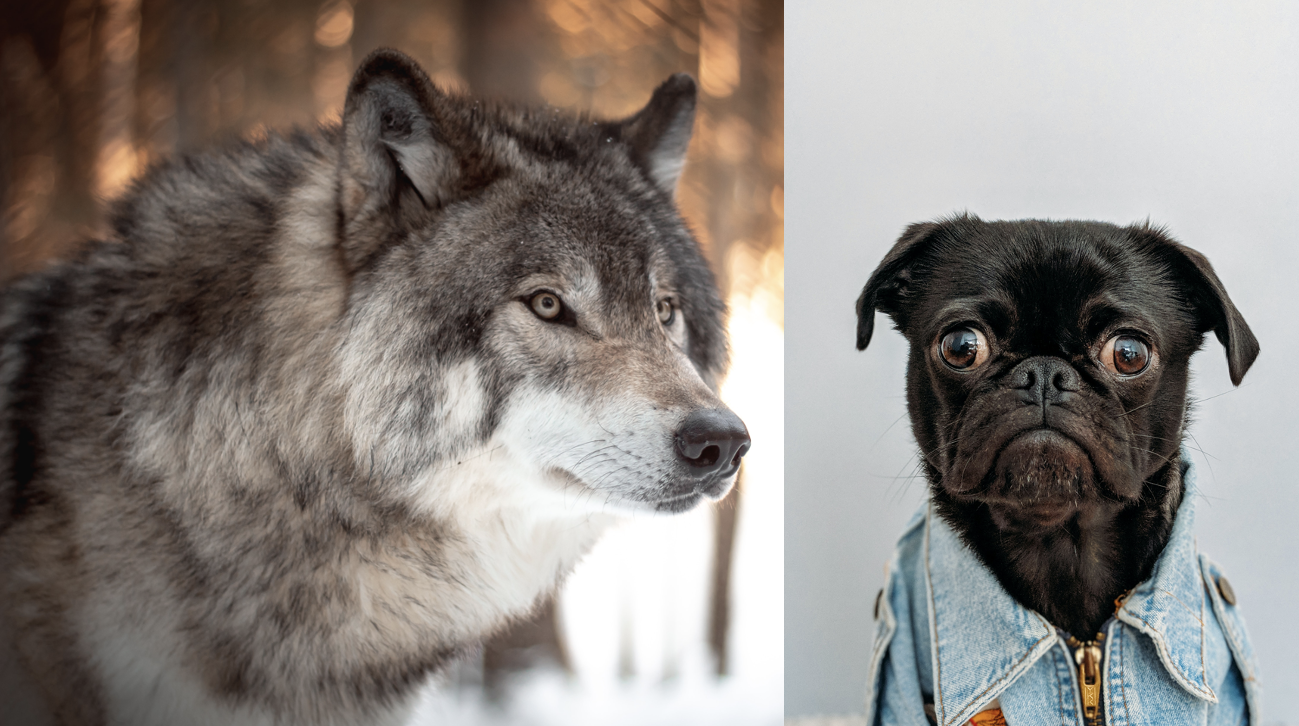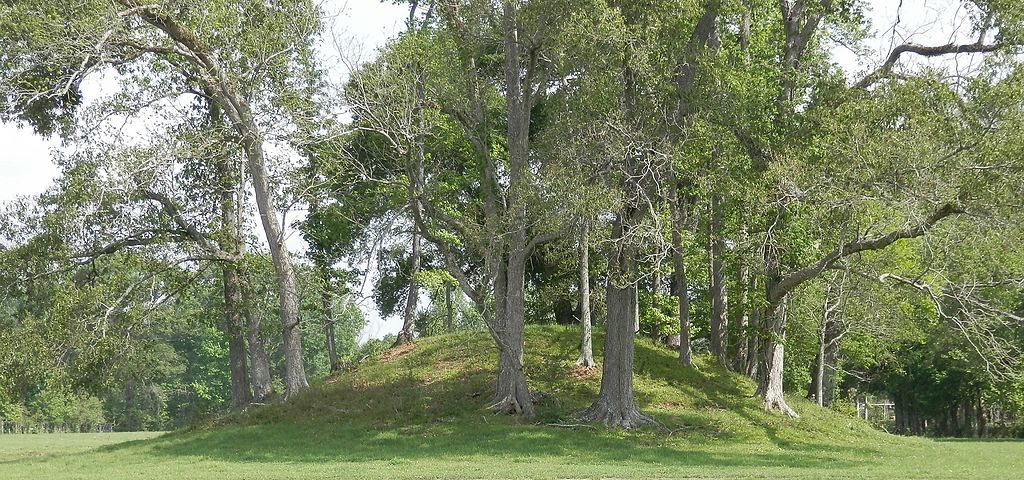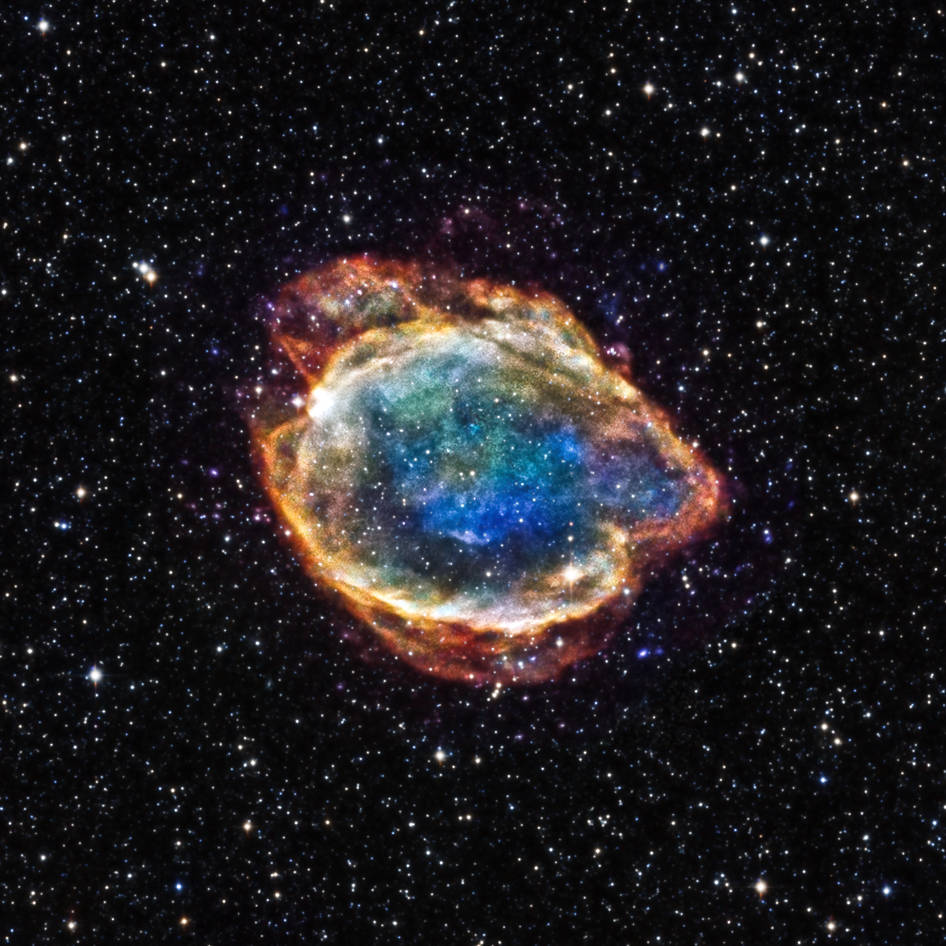Soviet researchers studied crime through a Marxist-Leninist lens. Under Lenin, a humanitarian approach to criminality briefly emerged, but dissipated when Stalin rose to power.
George Washington’s biggest battle? With his dentures, made from hippo ivory and maybe slaves’ teeth
Washington first took the oath of office of the president of the United States with just one natural tooth remaining.
Move over, IC 1101. You may be impressively large, but you never stood a chance against the largest known galaxy: Alcyoneus.
Was this a moment when humans interbred with Neanderthals?
What makes a face trustworthy, anyway?
Psychologists often view relationship power imbalances through three unique dynamics.
Are you a striver or a pioneer?
About 150 million years ago, a long-necked sauropod came down with a respiratory infection. The rest is history…or is it?
Outfitted with wheels and rotors, the bot can morph from a land drone into a quadcopter in seconds.
Many animals practice what looks like self-medication. A new report suggests that chimps tend wounds with insects, often treating each other.
Choking under pressure seems to have deep evolutionary roots.
Men with one older brother are 12% more likely to enter a same-sex union than those with a sister.
Take a look at the Times Square Totem, the Trafalgar Square Pyramid, and other landmarks that were never built.
If the electromagnetic and weak forces unify to make the electroweak force, maybe, at even higher energies, something even greater happens?
The Kardashev scale ranks civilizations from Type 1 to Type 3 based on energy harvesting.
Painkillers have nasty side effects, such as organ damage or addiction. Researchers have discovered a new drug that may cause none of these.
After it became clear that the world wasn’t 6,000 years old, some proposed that northern peoples had emerged independently from others.
Religion fosters traits that are helpful in a school system that relies on authority figures and rewards people who follow the rules.
Once science operations begin for James Webb, we’ll never look at the Universe the same way again. Here’s what everyone should know.
Ingesting tiny doses of hallucinogens might not have the outsized benefits that some people claim it does.
Scientists looked for ways to trigger the “build whatever normally was here” signal for cells at the site of a wound.
On-demand learning has become the cornerstone of a modern L&D strategy. Here’s why.
Finland reveals that happiness is more about mindset than umbrella drinks and sun-warmed beaches.
To clear Scotland’s roads in winter, the local traffic agency employs heavy machinery with punny names. Can you grit and bear it?
Lake Baikal holds nearly one-fourth of Earth’s fresh surface water and is the most scientifically interesting lake on our planet.
Long before the Wordle mania, there was the crossword puzzle craze. And newspapers around the world condemned them as an “invasive weed” that caused mental illnesses and even murder.
Nearly 200 orbital launches are scheduled for 2022.
The story of dog domestication is one of converting the wild wolf into man’s nicer, smarter, best friend. It might be all wrong.
A study proposes that an ancient trading network, called the Hopewell tradition, may have been wiped out by what is known as a cosmic airburst.
With 1550 distinct type Ia supernovae measured across ~10 billion years of cosmic time, the Pantheon+ data set reveals our Universe.
